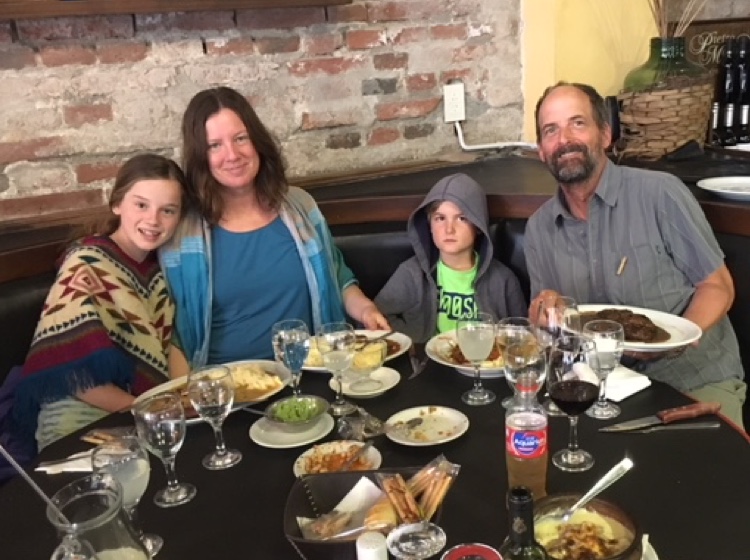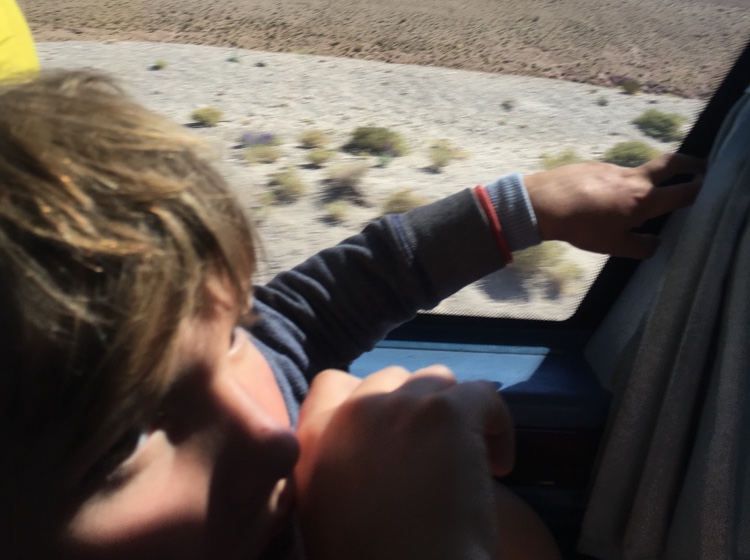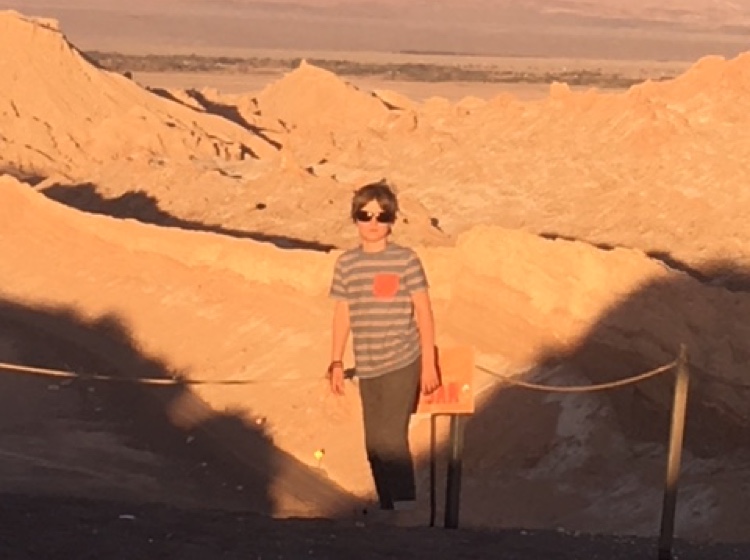Whenever I approach an international border, I break into a cold sweat. This is not because I have contraband in my suitcase or cocaine in my ass. This is because border crossings are created to make you feel guilty, just like traffic stops by cops. Borders are there to remind you that you belong to a country, and not to the world.
My borderline personality disorder got worse twenty years ago, when I was told I couldn’t leave Burma (now Myanmar) without a puppet permit. I had purchased some large hand-made marionettes during my stay. The customs official found them in my luggage and told me I needed to go to an office in downtown Rangoon (now Yangon) to obtain permission to take them out of the country. Panicked and sweating profusely, I told the official that this would cause me to miss my flight. He shrugged. Fortunately, a British woman, better versed than I in these kinds of crossings, came to my aid and proceeded to negotiate with the official. Apparently, the need for the puppet permit could be waived if I provided the customs department with a bottle of white wine purchased in Duty Free. I bought the wine and made my flight.
Two months ago, we crossed from Ecuador into Peru in the dead of night. There is no way you can cross a land border at three in the morning without feeling like a thief. We were disgorged from our bus onto the asphalt and forced to fill out numerous meaningless forms by the light of our Iphones, bleary-eyed and cotton-mouthed, while whacking at large insects with our free hands. Zombie-like guards in uniforms (far too garish for the crude quonset huts they sat in) gazed critically at these forms and slowly paged through our passports. I always wonder what they’re looking for. A visa from Hell? The words “DON’T LET HIM IN YOUR COUNTRY, HE KILLS PEOPLE”? I watched this idle exercise in power nervously, certain that at at any point I would be refused entry. Of course it would be arbitrary, but since everything about a border is arbitrary, being turned back would be nothing if not consistent.
They let us in, despite the fact that I was sure by the time they did that I didn’t deserve Peru.
Yesterday we crossed the border between Peru and Chile, a pretty benign border, as borders go. But still, the sweat was there. This time it was about food: There were signs everywhere on the Peruvian side warning that “no plant or animal products” were allowed across the border. A severe-faced guard lectured us that being caught with “plant or animal products” could result in a severe fine on the Chilean side. Of course, we had a duffel bag full of our favorite Peruvian plant and animal products. I frantically rifled through it and threw away about half of it, including my beloved coca leaves (good-bye, brief and mild cocaine habit) and some medicinal rain-forest tea I’d become dependent on to take a decent crap (I have no idea what was in it, but I’m guessing cocaine). I kept sealed packets of food as well as chocolate bars, because I couldn’t bear to throw them away (I blame my Scottish heritage), but I should have, because it just kept me sweating through the hour and a half it took to ride the train across the border.
This border was strange and even more abstract than most borders. Our train chugged across a vast desert paralleling the Panamerican Highway. At one point I looked over and saw, in the distance, a clump of Peruvian flags, a gap, and then a clump of Chilean flags. Two small bouquets of color in the empty, beige expanse. I pointed them out to Cleo. “That’s the border,” I said.
“What’s in between the flags?” Cleo asked.
“I have no idea. A secret country?”
To accentuate the arbitrariness of this imaginary line in the sand, everyone on the train had to move their watches forward two hours. (For no reason at all, Chile time is two hours ahead of Peru time).
When we reached the Chilean side, no one cared what was in my suitcase. I could’ve brought in a bale of coca leaves. Relief. A new country was ours, a new country that turns out to have lots of hot-water showers and great wine, as well as cars that actually stop for pedestrians, but no black pepper (that we’ve found so far) and certainly no little lambs with crocheted hats waiting on street corners to pose with us for photos. The border in the desert, as it turns out, was not arbitrary; the two countries are very different, though the people, at least in the border town where we’re staying, look and act very much the same. As most of us know, the differences between all countries are superficial because human beings, wherever you go, want the same things. I know this last sentence risks cliché but if we’ve discovered anything on our trip, it’s that these various barriers that we put between each other are complete and utter bullshit. We will look back on the 21st century — if we survive it — as the last gasp of tribalism and the unfortunate Stone Age tendency to consider people who look different or sound different as “other” than ourselves.
Whenever we cross a border and endure the lines and the paperwork and the passport-stamping and, yes, the fear, we’re being told implicitly that people are different, that they need to be separated for the good of everyone. The glowing exception to this is Europe, which has enjoyed an amazing decades-long period of free crossing, which I suppose is what you get after fighting the two worst wars in history and nearly destroying each other. I hope we don’t have to fight more of those wars to lose the rest of our borders. I hope that the people who benefit from the fear, including our president, won’t succeed in playing on our deeply ingrained prehistoric instincts to further separate us. Otherwise, it won’t be just a puppet permit we’ll need to see the rest of the world.



